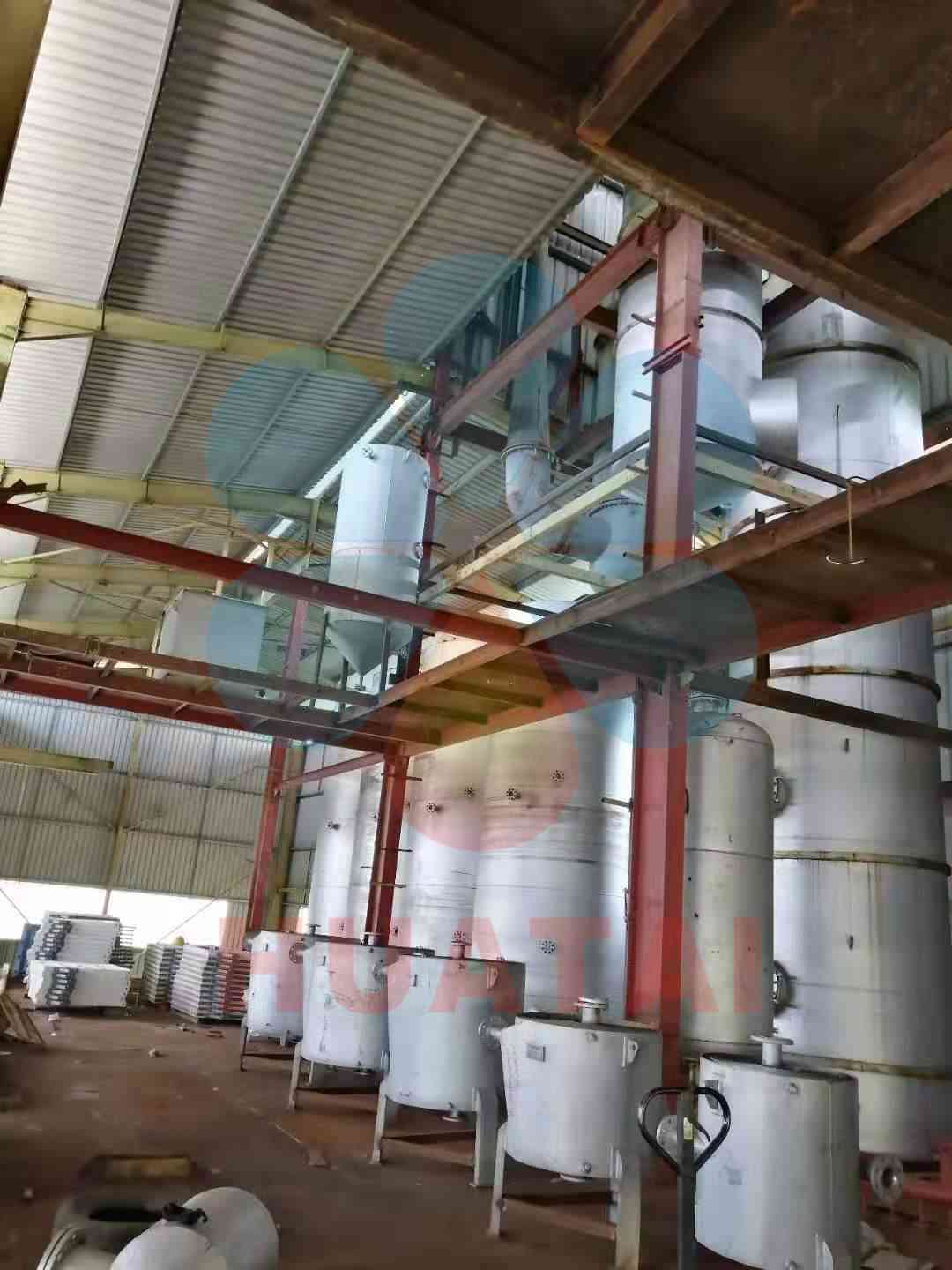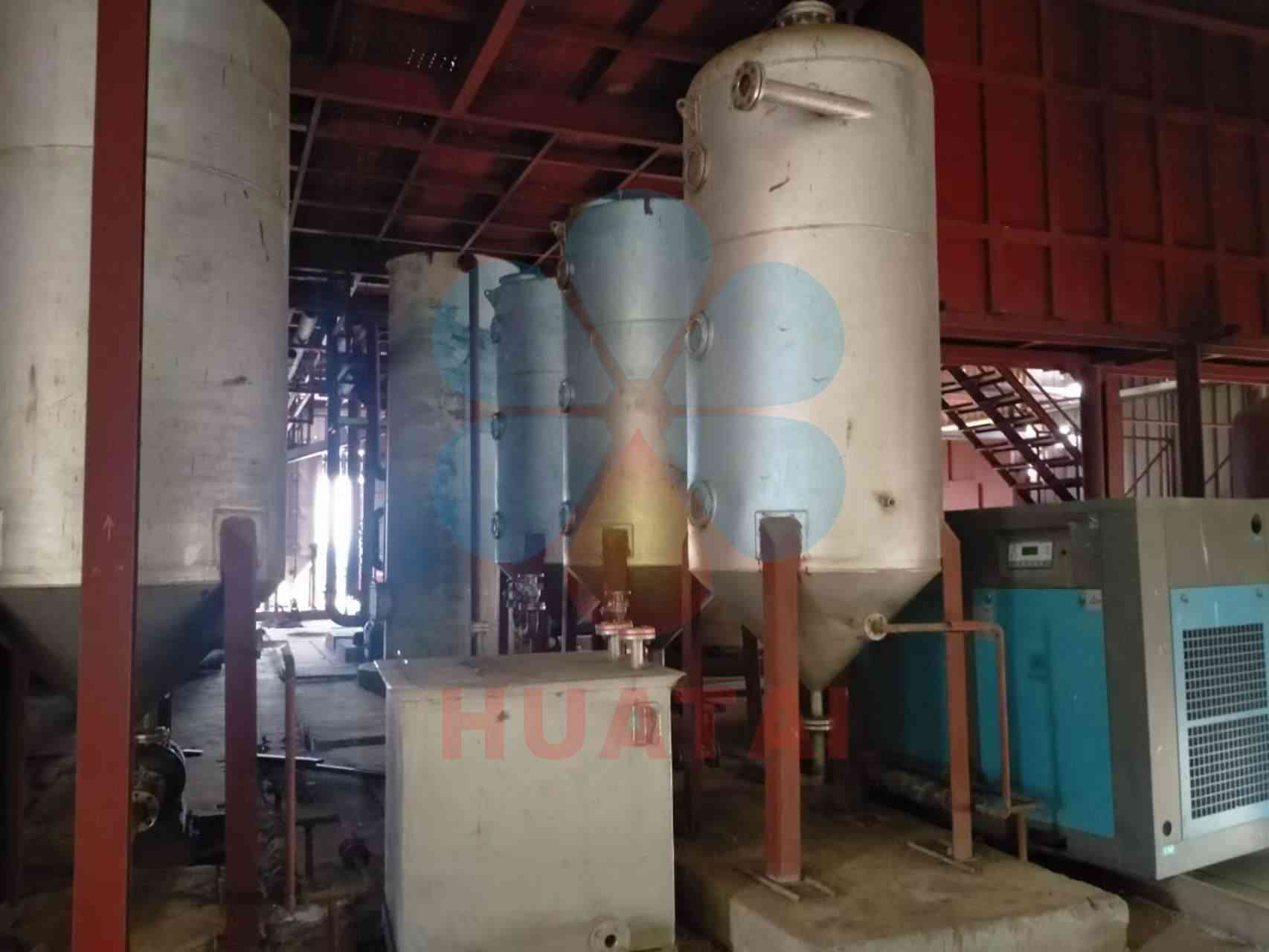Palm oil is widely used globally in cooking and the food manufacturing industry. It serves as cooking oil, shortening, and margarine. Like other edible oils, palm oil is easily digested, absorbed, and beneficial to health. It is a key ingredient in fats with mild properties, making it an excellent material for food production. Based on its composition, palm oil's high solid glyceride content helps maintain stability without hydrogenation and resists oxidation effectively. These attributes make palm oil highly favored by the food manufacturing industry.
Refining equipment plays a vital role in ensuring the quality, grade, and food safety of oils during processing.

The refining process varies based on different oil materials, and selecting the appropriate refining process follows four principles:
1.Refining processes should maximize oil yield, minimize losses during refining, and ensure an optimized process. Reliable equipment and processes should achieve the highest oil extraction rate. For example, using physical refining instead of chemical refining for salad oil production reduces reactant discharge while recovering oil from by-products.
2. Major refining steps include degumming, deacidification, decolorization, deodorization, and dewaxing. Manufacturers should determine a reasonable combination of refining processes based on the type, properties, composition of crude oil, and product quality standards. For example, refining soap-grade palm oil focuses on decolorization to remove β-carotene, while edible-grade palm oil requires full refining processes including dephosphorization, deacidification, decolorization, and deodorization.
3.Refining processes should be simple, efficient, and innovative, with fewer equipment designs, high levels of mechanization, continuity, and automation, reducing labor intensity.
4. Equipment configuration and process adaptability should be strong. Typical full refining systems and multi-purpose equipment setups should support the production of diverse and multi-specification oil products.

Fractionation separates oils into solid and liquid parts at specific temperatures, utilizing the differences in melting points and solubility of various triglycerides. The separated components meet various needs. Fractionation technology has developed for over 150 years, with significant advancements, especially since the surge in palm oil production in the 1970s, driving rapid progress in fractionation processes and equipment.
Huatai Oil Machinery provides good quality oil mill plant, time & fast delivery, perfect after-sale services, and reasonable price, contact us!
Website: https://www.huataioilmachine.com/Copyright @ Henan Huatai Cereals And Oils Machinery Co.,Ltd.